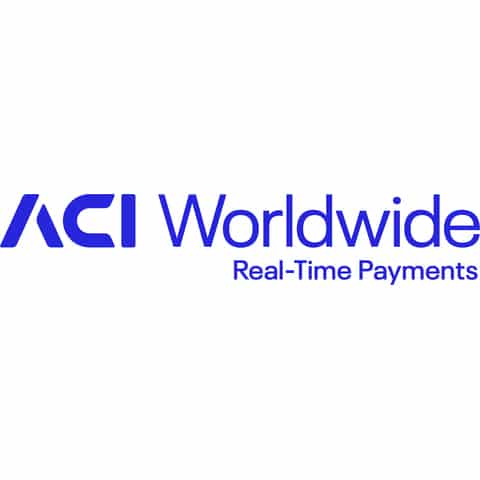As competition among payment orchestrators heats up, providers looking to separate themselves from the pack find themselves under pressure to offer points of differentiation, according to Datos Insights’ “Payment Orchestration Vendor Evaluation” report, released Tuesday.
One key differentiator for payment orchestrators is smart payment routing, according to the report. This provides businesses with greater control over their payment strategy. It also includes other features, including customized payment flows, dynamic load distribution, reduction of transaction costs, A/B testing of different processors, and use of fallback routing and cascading to an alternate provider in case a payment provider becomes unavailable.
Payment orchestration, which is growing 11% annually, according to Datos, is the process of managing a diverse range of payment methods, providers, and channels within a unified platform to ensure smooth payment processing for businesses.

The advantage of working with a payment orchestrator, advocates say, is that merchants have one point of contact for their payment activity. This eliminates the need to work directly with multiple integrations with different payment gateways. The expected result is that merchants enjoy cost savings, improved payment success rates, and, in many cases, a “superior user experience for customers,” the report says.
Behind the orchestration trend, “there are two major drivers,” Thad Peterson, a strategic advisor at Datos Insights, tells Digital Transactions News by email. “First [is] the increasing complexity of the space, driven by additional payment types, governmental regulation, and the need for effective fraud control.
“The second driver is the increase in cross-border payments. Commerce is global but payments are local. It’s essential that a merchant provide their customer with the payment options that they want to use or they’ll lose the sale, which means that local payment options need to be included.”
But now orchestration providers must distinguish themselves in a crowded market, Peterson says. “Provide the payment and service alternatives that the merchant wants at a competitive price,” he advises. “Stay on top of trends in the space and technological developments that can improve the offering and meet the merchant’s needs.”
Payment orchestrators further differentiate themselves by providing tools to streamline the checkout experience, risk-management tools, and a modern, cloud-native platform. The last item is something merchants have simply come to expect, the report says.
Payment orchestrators should also be paying close attention to generative artificial intelligence, as it can streamline their reporting and analytics capabilities further.
“Payment orchestration is essentially an intelligent tool for managing the payments ecosystem, so artificial intelligence should play a significant role in the future,” says the report.
ACI Worldwide Inc. ranked as the top payment orchestrator in the report. Datos evaluated six companies, including BPC, BR-DGE, CelerisPay B.V., Cellpoint Digital Holdings Inc., and Spreedly Inc.
Datos also interviewed merchants and other clients of the participating payment orchestrators, in addition to leveraging its research database.
The report ranks orchestrators across four categories: provider stability, client strength, client service, and product features. ACI achieved the highest ranking and average score across categories and was the only vendor to earn the report’s “Best in Class” accreditation.
“ACI is well-positioned to support complex merchant payment requirements across the globe, including omnichannel payment acceptance, AI-powered fraud prevention, and payment journey optimization. All these capabilities are available through a single, unified platform,” the report says.
Payment orchestrators looking to differentiate themselves from the competition should continue to broaden available connections in payments and value-added services to remain competitive among merchants, advises the report.
“As the space expands, it will be increasingly difficult to differentiate from competitor solutions. Explore creating payment-orchestration solutions for specific retail verticals such as hospitality, restaurants, or health care,” the report adds.







